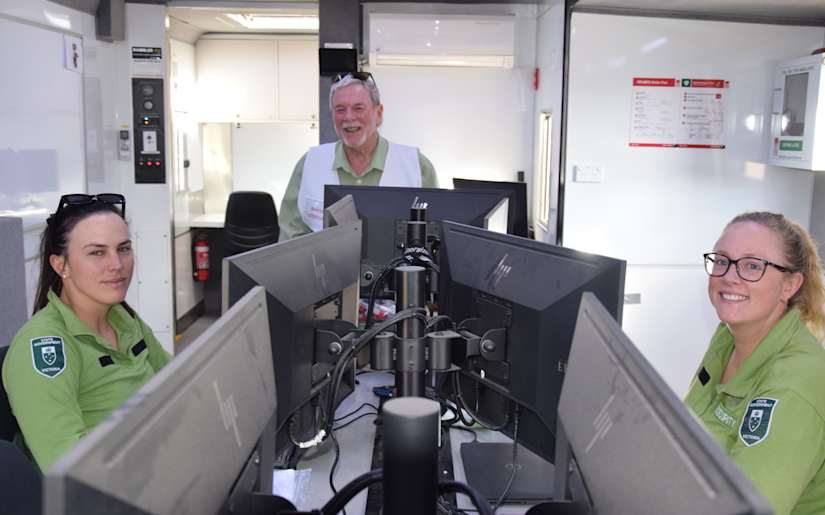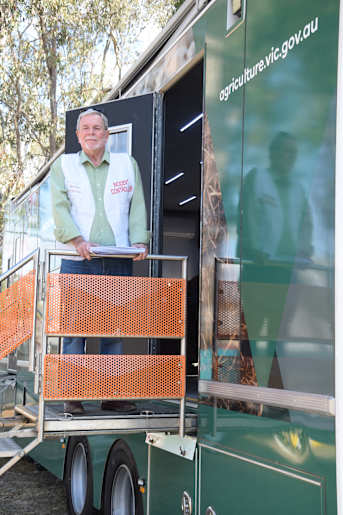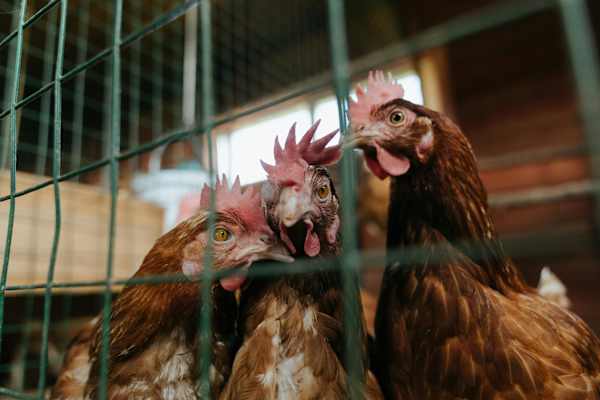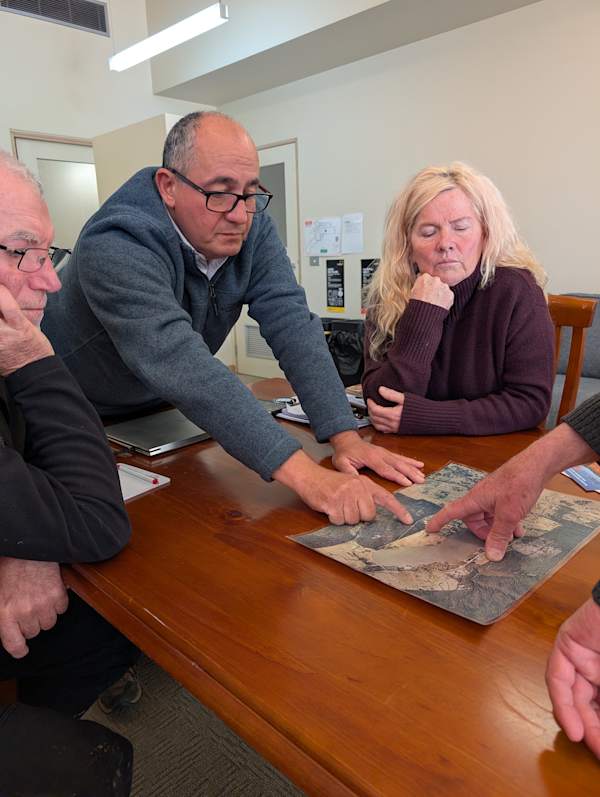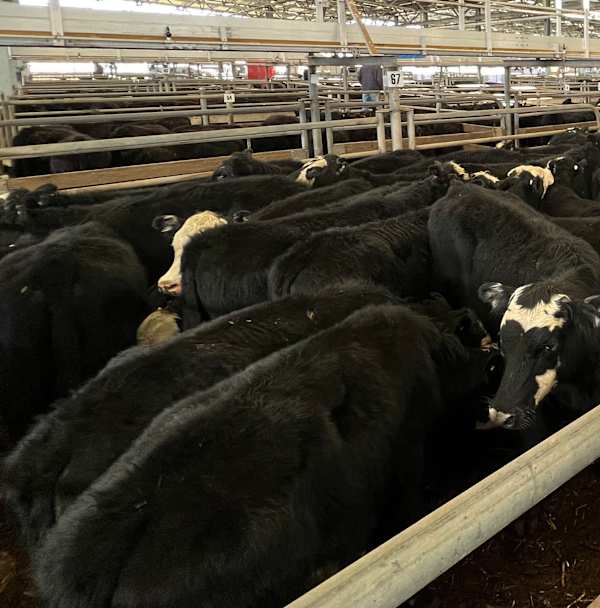EUROA'S bird flu outbreak seems to be nearing its end with AgVic's testing station leaving its showgrounds site after over three months meticulously testing birds of all feathers in order to contain the disease.
A local egg-producing company reported outbreaks on four separate properties in February, resulting in closure of all sites and the destruction of over 590,000 chickens.
Fast action from VicEmergency personnel after the first reported case and 'excellent cooperation' from the community ensured no further infections were reported after 24 February.
Emergency response local incident controller Banjo Patterson said it was time for the mobile testing station to 'close up shop'.
"Since we have not had any infections since February, we have spent the meantime eradicating the disease and more recently concentrating on cleaning and disinfecting all the premises and equipment," Mr Patterson said.
Latest Stories
"It's time for us to move on."
Mr Patterson said the task now was to allow the affected business to return to normal operations by dispatching 'canaries in the coal mine'.
"We are in a situation now - as part of the process - that we put a flock of sentinel birds into three out of the four sheds.
"That placement is all completed and now it's in a period where we undertake surveillance of those sentinel flocks.
"The last of those placements was on May 12."
The surveillance will continue until June 9.
"But in the meantime, we've done as much as we can as part of the recovery for not only the producers, but the wider community too."
"We are very keen to move on as much as we can and move fully into recovery."
Mr Patterson said the testing with the wider community had been comprehensive, along with numerous surveys of dead birds reported by the public.
"We have done a lot of testing, not only of the infected properties, but surrounding properties that have got birds.
"At this stage, all those indications are in the clear."
Mr Patterson said there were no escapes of the disease into the wider community.
"I think we've had excellent cooperation from not only the industry, but the community at large," he said.
"And that entails certain obligations and responsibilities for not only the infected properties, but adjoining properties that have all been impacted to a greater or lesser extent, particularly being in the controlled area or the restricted area.
"The community have also responded very positively by reporting any suspicious cases to us, which is part of our ongoing surveillance to limit the spread of any disease.
"So we're very appreciative of all the efforts of people."

